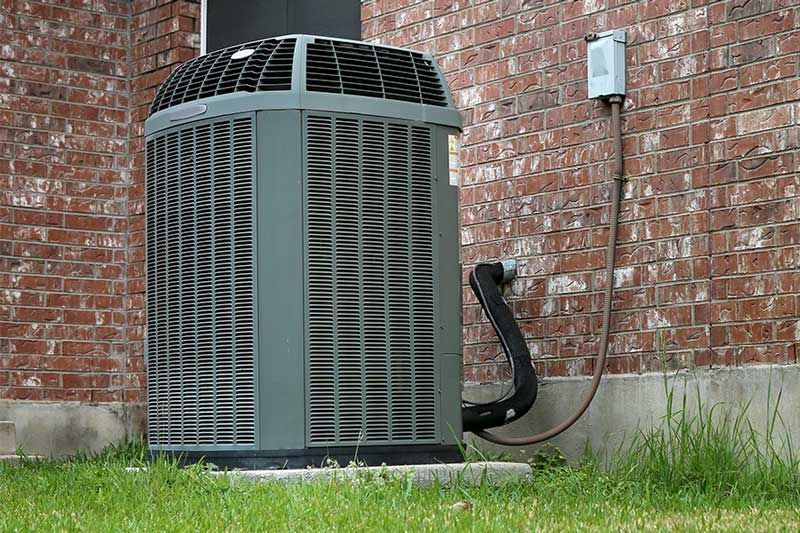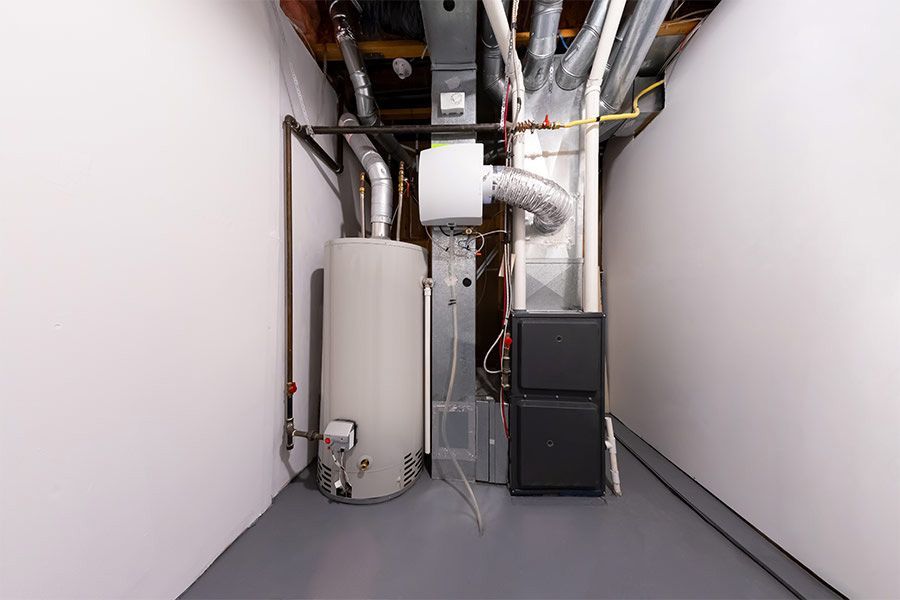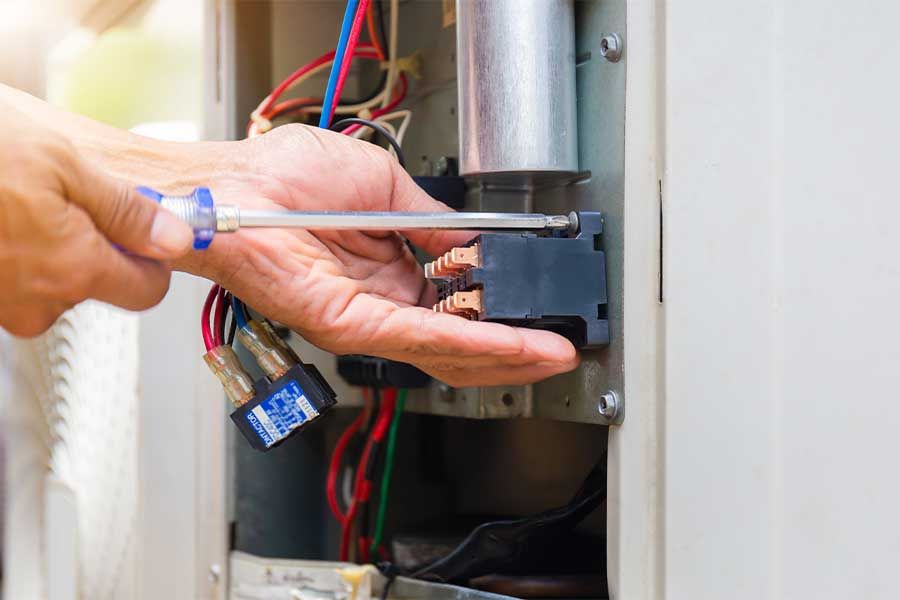HVAC Rules and Regulations: Is Your System Up to Code?
Planning an HVAC installation can be an overwhelming task for many homeowners. With a range of available systems and options, it can be challenging to determine the ideal setup for your space. However, it's also essential to consider your area's HVAC rules and regulations.
Fortunately, working with an experienced HVAC installation company can simplify the process dramatically. A professional will fully understand the requirements of your space and the rules you'll have to follow. With hundreds of successful projects, Professional Services is the top HVAC company in Germantown.
When you choose Professional Services for your heating or air conditioner installation project in Ozaukee and Washington counties, WI, you won't need to worry about regulations. Our expert contractors have handled hundreds of HVAC system installations and will ensure the system meets your needs and the minimum standards required by law. The law that dictates regulations for air conditioning systems can be complex, so let us take the stress off of you by handling your HVAC installation.
Still, understanding the rules and regulations that apply to HVAC systems can make homeowners more conscious of safety, which is essential to consider in any home improvement project. For this reason, the following sections will cover and explain some of the rules homeowners must follow when installing their air conditioning system.
Who Creates These Regulations
If you're planning an HVAC installation for your Germantown home, you may be wondering what legislative body dictates the requirements for these systems. Fortunately, these rules remain consistent across different locations, as the International Code Council standardizes these rules. However, the council publishes two separate sets of rules: the International Residential Code (IRC) and the International Energy Conservation Code (IECC).
Although it can seem intimidating to check two sets of rules, it's not as bad as it sounds. In most cases, the IECC rules echo topics that the IRC already covers, so the division doesn't add too much complexity. The Professional Services team would be happy to walk you through the rules that apply to the project, but we'll cover the basics in the following sections.
Size of Equipment
The first step to complying with HVAC rules and regulations is choosing an adequately sized air conditioning unit for your home. Depending on the space you plan to cool, the requirements for cooling solutions can vary dramatically. Installing an HVAC system that isn't powerful enough for your home can cause problems, so this requirement benefits homeowners.
A unit that is too small for your home will struggle to effectively control the temperature, requiring you to operate the system more than you should. This issue costs residents money in two ways – raising electric bills and reducing the system's lifespan – making more frequent repairs necessary. Therefore, finding a suitable unit for your home is integral to designing an effective temperature control system.
However, determining how powerful a system you need can be somewhat challenging. While the size of the home is the primary determining factor, homeowners must also consider the home's layout and installation. This decision is vital, so it's always wise to consult a professional before choosing an HVAC unit for your home.
Efficiency Rating
The ICC also dictates a minimum efficiency rating for new HVAC installations. One of the council's primary goals is to reduce energy consumption, and the IECC explicitly relates to energy conservation. Fortunately, complying with this standard is relatively simple, as efficiency ratings are easy for even inexperienced homeowners to determine and compare.
While this requirement can raise the initial installation cost for homeowners, the benefit of reduced energy costs throughout the system's life more than outweighs this factor. It's always wise to speak to an expert to ensure the system you're considering meets the reference standard for efficiency in your area.
Proper Duct Size and Design
A factor that many homeowners often overlook when planning an HVAC installation is duct size. While choosing an adequately powerful air conditioner for your home is essential, ensuring the contractor designs and installs the ducts properly can be just as important. These channels carry air throughout your entire home, so their size has a massive impact on the air pressure of the whole HVAC system.
Calculating the ideal size for HVAC ducts can be complex, involving static and air resistance as well as the friction of the system. Additionally, any mistakes in the design process can compromise the efficiency and lifespan of the system. Therefore, it's essential to choose an HVAC installation company you can rely on to complete the process right.
Mechanical Ventilation
Another feature the ICC requires homeowners to include in their HVAC system is mechanical ventilation. This term refers to fans or blowers that protect against outside air entering your home. These features can effectively preserve indoor air quality, so installing them is wise regardless of regulations.
Homeowners can fulfill this requirement with a few different strategies. For example, some HVAC systems use discreet fans to seal out exterior air effectively, while others rely on the blower exclusively. Additional requirements apply based on what type of system you have, so consult with your installation company before starting the project to meet industry standards.
However, the ICC does provide a few specific requirements that your mechanical ventilation system must meet. These requirements dictate the types of fans the homeowner must choose and how much power each fan must draw.
Get Started
When you're planning to install a new HVAC system or upgrade your existing air conditioner, there's a lot to balance, and complying with every law and industry standard can be overwhelming for the average homeowner. If you're weighing whether to hire a professional, it may be wise to learn more about why DIY HVAC repairs is not a good idea.
Fortunately, Professional Services can make your air conditioner installation straightforward and stress-free. Our expert staff is passionate about supporting our clients, so they'll work with you to design the ideal HVAC system for your home. A new air conditioner can genuinely transform the experience of living in your home in Germantown, WI, so call Comfort Specialists at
262-218-2636 today to get started.
You might also like







